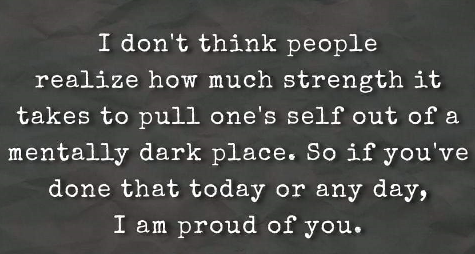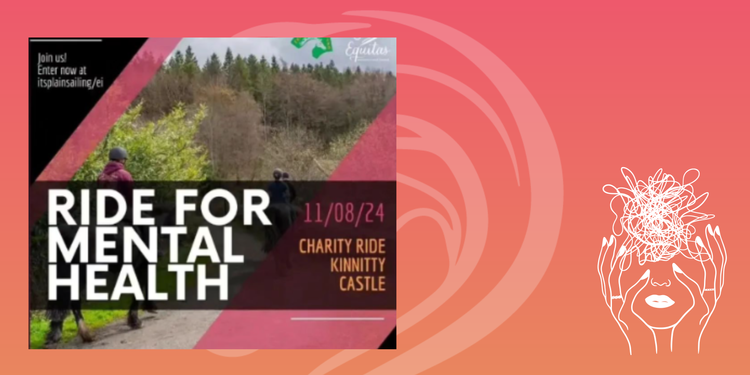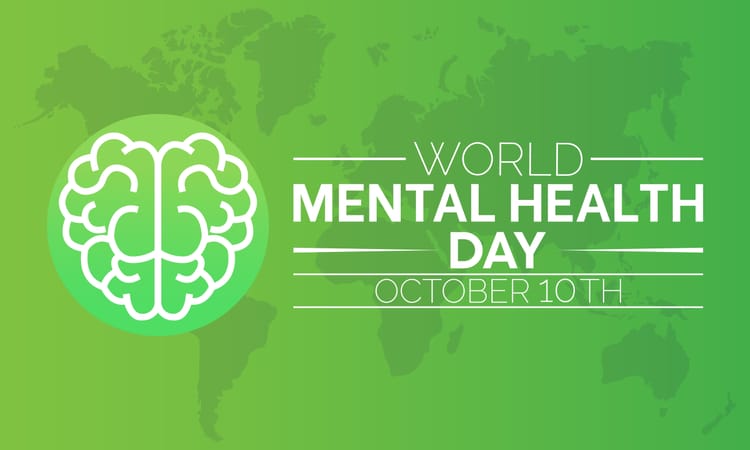Medication and Mental Health

*I'm going to begin this article with a content note and a trigger warning.*
This article contains information about, and mentions, depression, anxiety, thoughts on self harm and suicide. If you do not want to read this article but would like to know the content please ask a friend or family member to read it first or if it's easier, my inbox is always open.
I was watching a livestream the other day and the subject of medication came up. After I posted a few comments, I was shocked at the amount of people that had not been informed of some very basic information around the medication they (or others) were taking. I'm hoping this article will highlight two major points that I personally think are the most important, yet seem to not be conveyed to people taking medication.
A brief background on me - I have worked in the pharmaceutical area of regulatory affairs, pharmacovigilance, drug safety etc. for over 15 years. As a regulatory affairs consultant, I regularly submit applications for new medicinal licenses and applications to vary and update these licenses. Regulatory has a hand in everything from clinical, to licensing, to marketing and advertising, to drug safety and reporting of adverse drug reactions - this includes those little leaflets in every medicine and what's written on the packaging.
Medication can be an important tool in someone's toolbox to help alleviate mental health issues. As with any tool although it's very useful people need to know exactly how to use it and the limitations of it. People also need to understand that as with any task at hand, a different tool is useful and you have to master that tool. To give an analogy - there are many ways to cut a piece of metal, for instance, some people may be quick with a hacksaw, some may prefer a grinder, others may use a reciprocating saw (just a few examples) but all those tools need to be mastered and some take more time than others and some suit one person more than the other. This is the same with medications. There is no one size fits all.
There is also a very important time factor to consider before the medicine may be beneficial.
Those little leaflets that the majority of people do not read contain absolutely vital information for you. Information that your healthcare professional (HCP) should also be telling you. Information that probably should be shared with family and close friends. If you haven't done so, and are on any medication (not just for mental health), please go read it after you have read this (or now - I'm not watching 😉).
So the biggest thing I think people need to know is that you may feel worse before you feel better. How ironic right? You get courage to go to the doctor and face your fears, take a pill you think will fix you and it doesn't seem to work or even worse makes you feel awful. How many of you were told this? How many people read down that far in the leaflet?
Yes - you may feel worse (for a time). I'm not limiting this to side effects such as insomnia, fatigue and nausea, I mean your anxiety and/or depression may worsen for a time. These medications are not a quick fix after one tablet.
The warning in the package leaflet is even under it's own heading- 'Thoughts of suicide and worsening of your depression or anxiety disorder'
'If you are depressed and/or have anxiety disorders you can sometimes have thoughts of harming or killing yourself. These may be increased when first starting antidepressants, since these medicines all take time to work, usually about two weeks but sometimes longer.'
This is not necessarily a rare occurrence and is more prevalent in those under 25 years of age with psychiatric conditions or with those who have previously had thoughts of self harm or suicide.
The second most important piece of information and one I have briefly mentioned above is that these medications take time to work. Again these medications are not necessarily a quick fix. They take time to build up in your system, yet you cannot rush it either. Any dosage increases should be done slowly and only after at least one week. Medications should be taken for 4-6 weeks or more to ascertain if they are appropriate.
There it is, in black and white. Not easy to read and maybe not what you want to hear either. It is important to remember that this does not always occur and is something just to be aware of. When you are wondering why you haven't woken up the next day feeling better then it's ok and it is normal. It takes time.
I can only imagine that anyone in their darkest days would not have the mental capacity to even read those leaflets. They are long. They contain a lot of information. They take a lot of energy to process. This is where it is really important for HCPs to convey this information, and, it is important to give the leaflet to someone you trust so they can understand and you may ask them to tell you if they think your depression is worsening or behaviour changing.
If you are on / have been on medication and are having a conversation with someone who is starting medication then it might be an ideal opportunity to tell them what may happen in the first couple of weeks. Hopefully it will lead to them pushing through those first few weeks as they will have a greater understanding that initially this may occur.

So once again - you may feel worse before you feel better and these medications can take time to work. Don't panic if this does happen and talk to your doctor and friends or family to help get you through the first couple of weeks or so.
If you have any worries or concerns please contact your HCP or at the very least call a friend.
If I can help in any way please DM me Virtuoso Sport Horses on the link below or on any social media.
Important numbers: Samaritans - 116 123 (24hrs);
Pieta House - 1800 247 247 or text 51444 (24hrs);
Hospital and Emergency Services - 999 or 112






